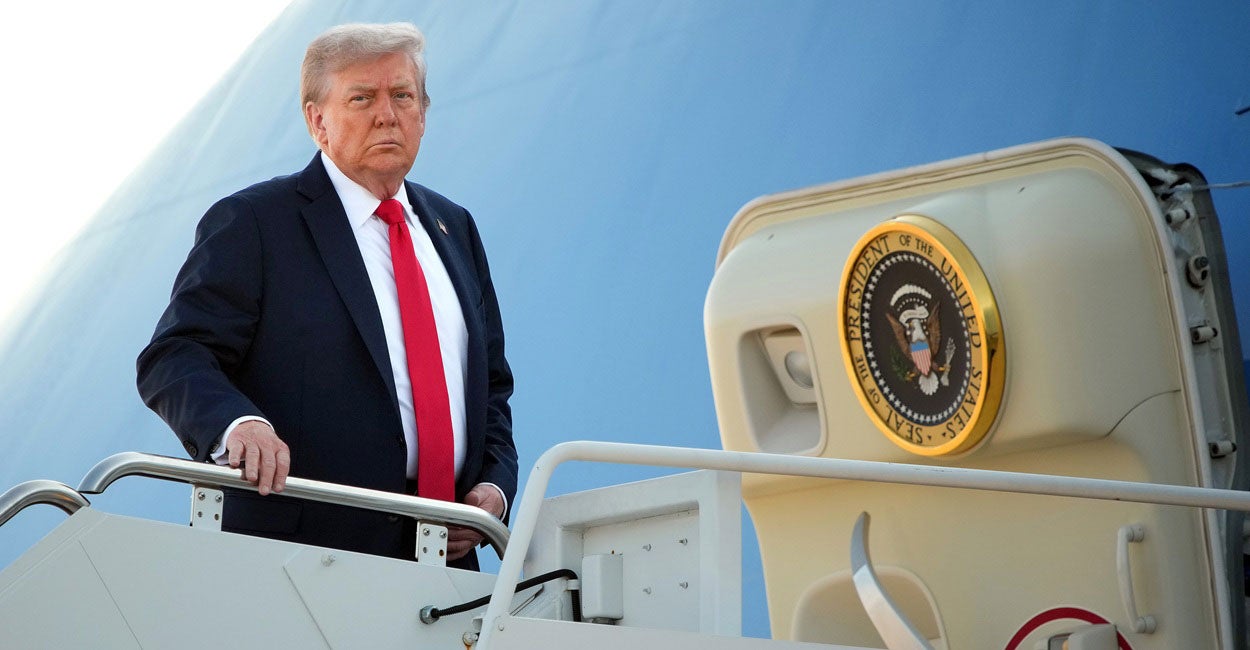Trump Mulls Marijuana Reclassification: Potential Economic Boom Meets Expert Health Concerns

The possibility of a significant shift in U.S. marijuana policy is gaining traction as President Donald Trump has indicated his administration is exploring rescheduling marijuana as a less dangerous substance under federal law. This potential move could unlock a wave of economic opportunities, paving the way for interstate commerce and a burgeoning industry. However, alongside the potential for growth, leading health experts are voicing concerns about the potential public health implications of widespread access to marijuana.
The Economic Opportunity: A Budding Multi-Billion Dollar Market
Currently, marijuana is classified as a Schedule I drug under federal law, placing it alongside substances like heroin and LSD. This classification severely restricts research, banking, and interstate commerce. Rescheduling, even to a lower Schedule like Schedule II or III, would dramatically alter this landscape.
“The economic implications are enormous,” explains Dr. Anya Sharma, a leading economist specializing in emerging markets. “Legalizing interstate commerce would create a national market estimated to be worth tens of billions of dollars annually. This would generate significant tax revenue for both state and federal governments, create countless jobs, and stimulate economic growth across various sectors, from agriculture and manufacturing to retail and technology.”
The potential for interstate trade would also bring much-needed standardization to the industry, ensuring product quality and consistency across different states. Businesses would be able to scale operations more effectively, attracting investment and innovation.
Health Concerns: A Call for Caution and Further Research
Despite the potential economic benefits, health experts are urging caution. Concerns center around the long-term effects of increased marijuana use, particularly on adolescent brain development, respiratory health, and mental health.
“While we’ve seen some positive developments in medical marijuana for specific conditions, we need more rigorous research to fully understand the long-term consequences of widespread recreational use,” warns Dr. David Chen, a neurologist and addiction specialist. “The potency of marijuana products has also increased significantly in recent years, with higher levels of THC, the psychoactive compound. This raises concerns about potential adverse effects, especially for vulnerable populations.”
Furthermore, experts highlight the need for robust public health campaigns to educate the public about responsible marijuana use and potential risks. They also emphasize the importance of regulating the industry to ensure product safety and prevent underage access.
The Path Forward: Balancing Economic Growth and Public Health
The decision to reschedule marijuana is a complex one with far-reaching consequences. While the economic benefits are undeniable, it’s crucial to prioritize public health and safety. A thoughtful approach would involve:
- Increased Research Funding: Investing in comprehensive research to better understand the long-term effects of marijuana use.
- Public Health Education: Launching targeted campaigns to educate the public about responsible use and potential risks.
- Robust Regulations: Implementing strict regulations on product safety, potency, and advertising.
- Age Restrictions: Maintaining and enforcing age restrictions to prevent underage access.
Ultimately, the goal should be to strike a balance between harnessing the economic potential of marijuana while safeguarding public health and well-being. The coming months will be crucial as the Trump administration considers this pivotal policy shift.





:max_bytes(150000):strip_icc():focal(686x347:688x349)/bindi-irwin-081325-ddbe5d708f7745adad0539c0209c0cb7.jpg)
